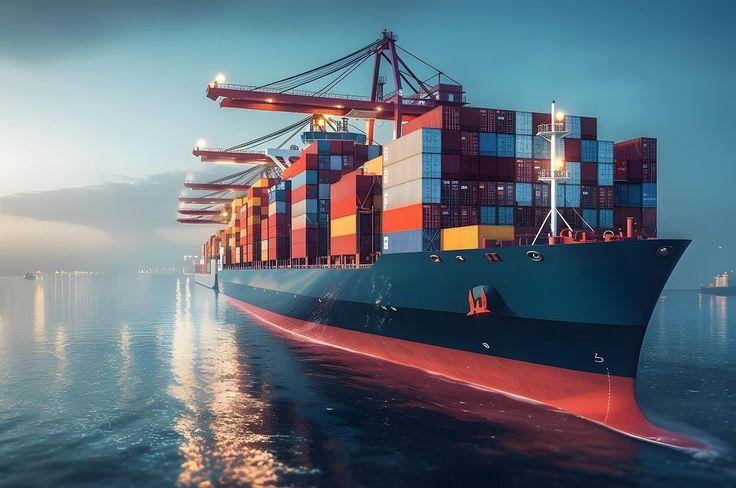In an era where speed, reliability, and cost-efficiency determine a company's competitive edge, Fleet Logistics Support is no longer a luxury—it's a strategic necessity. Whether you’re managing ten delivery vans or hundreds of freight trucks, integrating effective logistics support into your fleet operations can dramatically improve your bottom line and boost overall performance.
But how can fleet logistics support improve operations, really? Let’s break it down.
1. Real-Time Visibility and Tracking
Modern fleet logistics platforms offer real-time GPS tracking, enabling managers to monitor vehicle locations, driver behaviors, and delivery progress. This visibility eliminates guesswork and allows for more proactive decision-making.
Imagine knowing the exact ETA of every shipment and rerouting vehicles instantly in case of traffic or emergencies. This level of control doesn’t just improve customer satisfaction—it reduces downtime and fuel costs, turning logistics into a precision tool.
2. Optimized Route Planning
Poor route planning leads to wasted fuel, time, and driver fatigue. With AI-powered fleet support systems, routes can be optimized based on traffic conditions, weather, and historical delivery data.
This means fewer delays, better mileage, and more deliveries per shift, giving your business the edge in a fast-paced marketplace. Efficient routing is a quiet hero of operational excellence.
3. Predictive Maintenance and Reduced Downtime
Fleet logistics support goes beyond delivery optimization—it extends into the health of your vehicles. With integrated diagnostics and predictive maintenance tools, managers receive alerts before breakdowns occur.
Preventing unplanned repairs reduces downtime and improves vehicle lifespan. A well-maintained fleet is not just safer—it's more profitable.
4. Driver Performance and Safety Monitoring
Driver behavior can directly impact fuel consumption, vehicle wear, and overall fleet performance. Fleet support systems track metrics like harsh braking, speeding, and idle times.
By promoting safer and more efficient driving habits, companies can reduce accidents, lower insurance premiums, and create a culture of accountability among staff.
5. Data-Driven Decision Making
Every mile driven and delivery completed produces data. Fleet logistics support harnesses this data to generate insights and performance reports.
This empowers logistics managers to make smarter decisions, such as identifying underperforming routes, high-maintenance vehicles, or bottlenecks in operations. In short, better data = better strategy.
6. Sustainability and Fuel Efficiency
Sustainability isn't just a trend—it's a mandate. Fleet logistics systems help reduce carbon emissions by optimizing routes and improving fuel usage.
With the ability to monitor fuel consumption and recommend changes, businesses can make operations more environmentally friendly and meet corporate sustainability goals.
7. Scalability and Integration
As your business grows, so should your fleet—and your systems should scale with it. Fleet logistics support solutions are often cloud-based and customizable, allowing seamless integration with inventory, ERP, and CRM platforms.
This ensures that your logistics infrastructure can adapt to growing demands without losing efficiency or control.
Final Thoughts
Fleet Logistics Support is more than a buzzword—it's the backbone of successful modern operations. From reducing costs to improving delivery times and ensuring driver safety, its benefits touch every aspect of fleet management.
Whether you're a local courier service or a multinational distribution giant, the question isn’t if you should invest in fleet logistics support—it’s how soon you can start.
